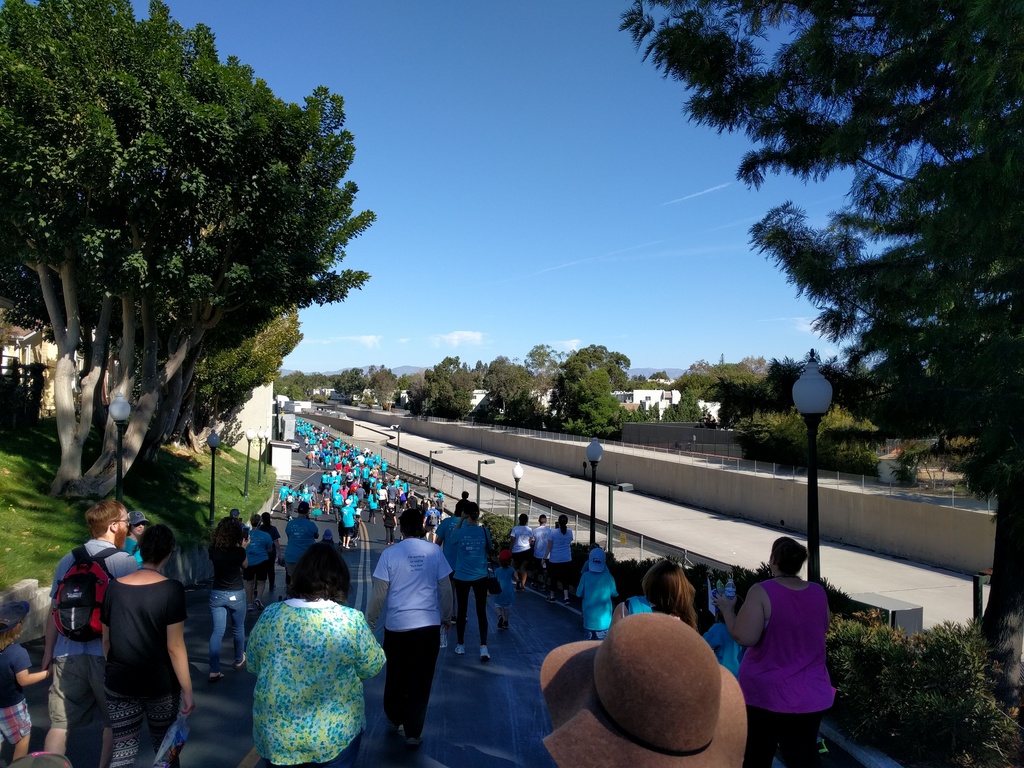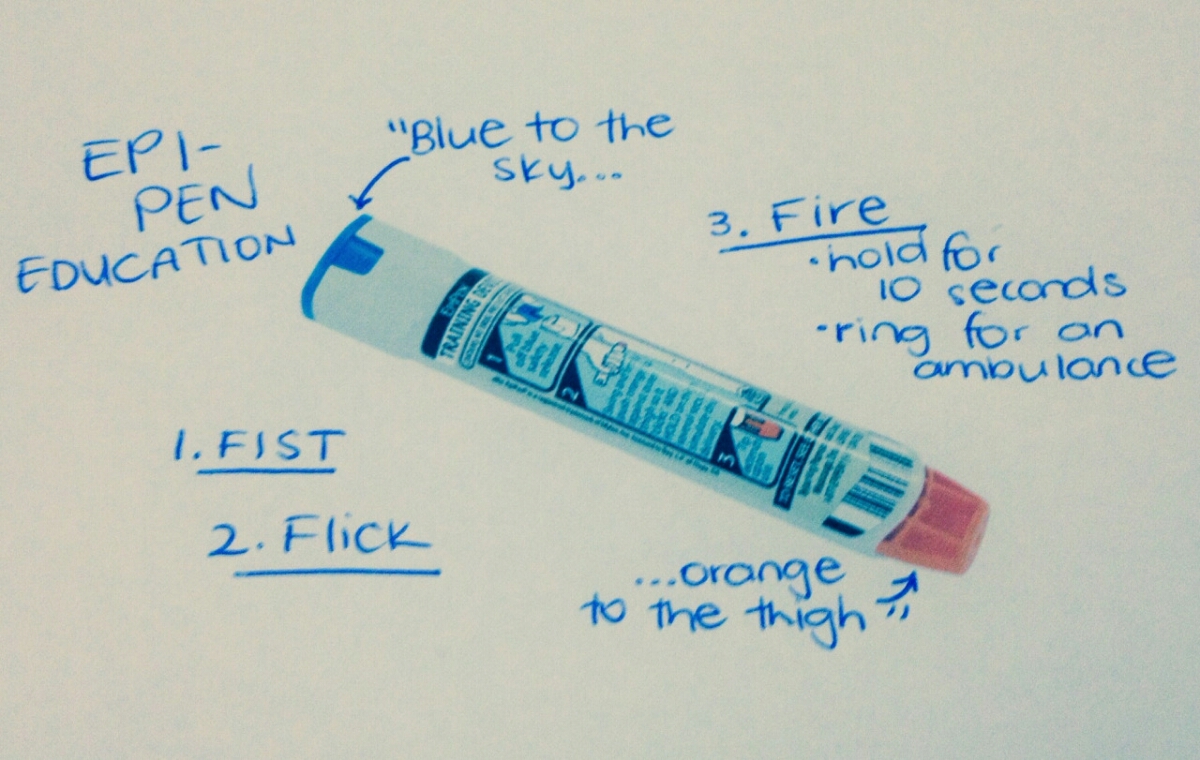Food companies are adding sesame flour to foods that didn’t have sesame so they can “comply” with new labeling requirements by always labeling “contains sesame” instead of instead of adding it to their existing cross-contamination protocols.
Meaning people with sesame allergy are suddenly finding that foods they used to be able to eat are now hazardous.
This is like a skydiving outfit deciding to stop maintaining their parachutes and disavow responsibility in their waiver instead of complying with a requirement to maintain their parachutes a little better than they were doing before.
Actually it’s worse than that. It’s like actively damaging some of the parachutes, and adding fine print saying that people who want well-maintained parachutes shouldn’t fly with them. And not mentioning it to repeat customers outside of that fine print.
You wouldn’t add wheat to a dish just to avoid having to guarantee it was gluten-free. Or add lead to your water so you don’t have to worry about keeping environmental contamination out. Or…
Ugh, those sound way too probable. People can be awful sometimes, and business has a tendency to remove ethics from decision making.
Update: Malicious compliance is a good term for it.
Not the first time
And apparently this wasn’t the first time companies have done this crap, either. After the 2016 labeling law went into effect, some companies added peanut flour to foods that didn’t have it. Not enough to impact the baking or texture or flavor…but enough to trigger an allergic reaction.
Disturbingly, I missed that previous round. I say disturbingly because I actually am allergic to peanuts, so I’m lucky I didn’t end up in the ER from something that used to be safe. I can only think of two explanations for why I didn’t notice:
By 2016, I was doing most of my grocery shopping at some of the slightly crunchier stores, and buying snacks from smaller brands that were either less likely to take that shortcut, or already had foods I was allergic to by the time I took my first look at the ingredients panel.
2016 was also the year the Epi-Pen price-gouging scandal boiled over.
Corporations behaving badly
Pharma giant Mylan had already gained a virtual monopoly on epinephrine auto-injectors. After FARE spent years lobbying for states to require epinephrine to be stocked in schools for emergencies, Mylan raised the price of the auto-injector drastically (a factor of 5 or 6), to the point where many people who needed them couldn’t afford it anymore.
Whether FARE was used itself, or a co-conspirator who used its members, I lost a lot of trust in them and stopped following their newsletters as closely. That was also the last year I participated in FARE’s Walk for Food Allergy fundraiser, and I only did that after they stopped accepting money from Mylan.
(Interesting note: The Intercept article mentions that Mylan deliberately set out to stop selling single Epi-Pens in the early 2010s and only sell the two-packs in order to justify charging more. I was already carrying two-pack at my allergist’s recommendation, which turned out to be highly fortunate the time in 2006 or so when I was hit by anaphylaxis and messed up the first injection.)
Expanded from a thread on Wandering.shop

